Discover Health Discovered
Health Discovered

129 Episodes
Reverse
Living with hidradenitis suppurativa (HS) can mean navigating a long and often complicated treatment journey, but finding the right care and support can make all the difference. What happens when your regimen stops working or new symptoms appear? We spoke with Christopher Sayed, MD, professor of dermatology at the UNC Department of Dermatology, to discuss when it’s time to talk to your doctor about escalating treatment, why switching therapies or care teams isn’t a setback, and how HS support groups can provide vital expertise and advocacy. We also hear from Katie, a patient advocate with Hope for HS, who shares her story of diagnosis, experiences with flare-ups and stigma, and how she ultimately found the right care.See omnystudio.com/listener for privacy information.
When we think of AI, we don’t often connect it to the needs of older adults. But how can technology support age-friendly care in the digital age? We spoke with Kedar Mate, MD, co-founder and chief medical officer of Qualified Health AI, about how simple AI tools can empower older adults to take control of their health and wellness. From managing medications and detecting fall risks early to improving memory and mood, we explore how AI can enhance care and independence. Discover how the right tools, used the right way, can help us age safely, confidently, and in line with what matters most.Check out The John A. Hartford Foundation at https://www.johnahartford.org/.See omnystudio.com/listener for privacy information.
Recurring painful bumps in your underarms, groin, or under the breasts may seem like acne – but they could be hidradenitis suppurativa (HS), a chronic, often misunderstood skin condition. HS affects up to four percent of people in the U.S., yet it’s frequently misdiagnosed or dismissed. What can those impacted do to heal and prevent these bumps? What are the misconceptions about HS? And how can patients advocate for themselves? We spoke with Vivian Shi, MD, a board-certified dermatologist, about the early warning signs of HS, treatment options ranging from topical therapies to biologics and surgery, and debunked myths linking HS to poor hygiene. We also hear from Ebone Colbert, who shares her 15-year journey with HS, from symptoms to diagnosis, and why support and the right care team matter.See omnystudio.com/listener for privacy information.
In the U.S., about 10% of colorectal cancer cases are diagnosed in people under 50 – and rates are rising one to two percent each year. What’s behind this trend: lifestyle, genetics, or environment? We spoke with Andrea Cercek, MD, physician-scientist and medical oncologist, about her groundbreaking clinical trial that revolutionized treatment for early-stage rectal cancers. She discusses the multifactorial causes behind these rising diagnoses, from diet and lifestyle to environmental exposures and medications, and why screening, symptom awareness, and healthy habits like exercise and stress management are critical.See omnystudio.com/listener for privacy information.
Each week in the U.S., about 200 people are diagnosed with multiple sclerosis (MS), and women are four times more likely than men to develop it. What are the warning signs? What challenges do patients face? And how can they advocate for themselves? We spoke with Mitzi Joi Williams, MD, a board-certified neurologist, to discuss health disparities that delay diagnosis in underserved communities, stigmas that prevent women from seeking care, and why early detection is crucial for long-term health. We also hear from Angelina Cubero, diagnosed in 2020, who shares her story and how self-advocacy shaped her journey. Tune in to learn how preparing for medical visits, recognizing symptoms, and finding peer support can empower those living with MS.See omnystudio.com/listener for privacy information.
Half of Americans skipped important cancer screenings in the past year. How does fear play a major factor? Or the amount of time we have? We spoke with Christopher Scuderi, DO, a primary-care physician and cancer survivor, about which screenings are most often missed, the risks of delaying them, screening guidelines to be aware of, and how to prioritize our health despite fear of knowing or busy schedules. He also highlights how talking with your doctor can help identify personal risk factors and the role healthy habits – like diet, exercise, sleep, and stress management – play in lowering cancer risk and supporting overall well-being.See omnystudio.com/listener for privacy information.
About 1 in 8 men will face a prostate cancer diagnosis. Early-stage prostate cancer often has no symptoms—so how should men approach screening and advocacy? What disparities do Black men experience that would negatively impact their outcomes? And what can we do about it? We spoke with Otis Brawley, MD, professor of oncology at Johns Hopkins, about the types of prostate cancer, key symptoms, when and how often to screen, and why access to equal treatment is essential for equal outcomes for Black men. He also explains metastatic castration-resistant prostate cancer and why advanced imaging like PSMA PET scans matters. Survivor David Diaz Sr., executive director of The Reluctant Brotherhood, also shares his story of diagnosis, treatment, and the power of support groups for men navigating prostate cancer. See omnystudio.com/listener for privacy information.
Psychedelics like ketamine, psilocybin, and MDMA are emerging as promising treatments for mood disorders that don’t respond to standard care. What has research shown using these compounds as therapeutic tools? How can psychedelics work in the brain to alleviate mental health symptoms? We spoke with Janette Leal, MD, a board-certified psychiatrist, about the psychedelics currently being studied, their potential to safely and effectively ease symptoms in supervised settings, how they may help rewire thought patterns, common misconceptions about psychedelic-assisted therapy, and why working with a trained clinician is essential.See omnystudio.com/listener for privacy information.
Medications are designed to work best when stored at the right temperature, but heat can affect their potency and even increase health risks. How exactly can heat compromise the effectiveness of certain medications? What heat-related illnesses or side effects can occur during periods of high temperatures? We spoke with Shellyza Sajwani, pharmacist and co-founder of Climaceutics Health Solutions, about how extreme heat can damage medications and increase the risk of side effects such as dehydration, kidney issues, or reduced sweating ability. She shares how to store medications safely, protect yourself during hot weather, and why your pharmacist and prescriber are key partners in medication management.See omnystudio.com/listener for privacy information.
How can we improve care for older adults while supporting their independence and dignity? In this episode, we speak with Ellen Flaherty, PhD, MSN, APRN, vice president of the Dartmouth Health Geriatric Center of Excellence, about the 4 M’s of age-friendly care: what matters, medication, mind, and mobility. She shares how older adults can advocate for their needs, why proper medication management is vital, and what red flags caregivers should watch for, including delirium and cognitive changes. We also explore the importance of staying active and resources like the My Health Checklist, a workbook to help adults 65+ prepare for healthcare visits. Discover how the 4 M’s can guide more personalized care that honors each person’s goals. Check out The John A. Hartford Foundation at https://www.johnahartford.org/.See omnystudio.com/listener for privacy information.
How many pesticides are on the produce we eat – and what can we do about it every day? We spoke with Alexis Temkin, PhD, senior toxicologist at the Environmental Working Group (EWG), for an overview of EWG’s 2025 Shopper’s Guide to Pesticides in Produce. We unpacked everything from the “Clean Fifteen” and “Dirty Dozen” lists to the most common chemicals of concern, the impact of choosing organic vs. non-organic, and how to properly wash your fruits and vegetables to help reduce surface pesticide residue.See omnystudio.com/listener for privacy information.
What is hidradenitis suppurativa (HS)? Why is it often misdiagnosed, and what does effective care look like? We spoke to Jennifer L. Hsiao, MD, dermatologist and director of the Hidradenitis Suppurativa Specialty Clinic at USC, to break down what HS really is, why a multidisciplinary team matters, and how new treatments, including FDA-approved biologics, are changing the landscape. We also hear from Athena Gierbolini, president of Hope for HS, who shares her 14-year journey with HS, from painful trial-and-error treatments to finding life-changing support and specialist care. Join us as we learn how to advocate for better care and find the right resources to manage this complex and chronic condition.See omnystudio.com/listener for privacy information.
Approximately 31 million people in the U.S., or 10% of the population, live with some form of eczema. But what are the different types of eczema, and why do certain types affect some people more than others? We spoke with Candrice R. Heath, MD, FAAP, FAAD, adult and pediatric dermatologist, about the eczema umbrella, treatment options, the surprising role of lifestyle factors like stress and sleep, the importance of tracking your triggers, and how to effectively partner with your doctor when it comes to managing your skin.See omnystudio.com/listener for privacy information.
While birth control is widely used today, misinformation around it still persists. Questions like: Will birth control affect my future fertility? Does it cause weight gain? And how do I know which option is right for me? We spoke with Natalie Crawford, MD, fertility doctor and co-founder of Fora Fertility, about the full spectrum of birth control – from hormonal to non-hormonal options. She breaks down common side effects, key health conditions to discuss with your doctor, and how to choose the best method for each stage of life, from adolescence to postpartum to menopause.Additional resources: https://www.bedsider.org/See omnystudio.com/listener for privacy information.
Multiple sclerosis (MS) is a disease in which the body’s immune system attacks the protective layer around the nerves. It affects more than 2.8 million people worldwide, most often younger adults between ages 20 and 40 – with women significantly more affected. What are the symptoms? What should newly diagnosed individuals know? In this episode, Robert Bermel, MD, Director of the Mellen Center for Multiple Sclerosis at the Cleveland Clinic, explains what happens after an MS diagnosis, from early signs and the importance of timely treatment to lifestyle strategies and long-term planning. We also hear from Hanna Jones, a 31-year-old MS advocate and blogger, who shares her personal journey of being diagnosed and how education helped her face her diagnosis. Whether you’re newly diagnosed, a caregiver, or simply curious, this episode offers insight, guidance, and hope.See omnystudio.com/listener for privacy information.
Why does jealousy sometimes creep into our friendships? How can we recognize when a slow drift is turning into a silent goodbye? And how can we strengthen communication and emotional connection with our friends? We speak with Lia Love Avellino, LCSW, modern love therapist and founder of Spoke Circles in Brooklyn, about the outside pressures friendships face, the importance of renegotiating connection, breaking the jealousy-shame cycle, and clarifying our needs in supportive, mutual ways. Friendships are vital to emotional wellness, so tune in to learn how to better check in with your friends and yourself.See omnystudio.com/listener for privacy information.
Cancer therapies can save lives, but they often come with tough side effects that aren’t always fully addressed. What side effects should you expect from cancer treatments – and how can you manage them? We sat down with Elizabeth J. Cathcart-Rake, MD, an oncologist at Mayo Clinic, to explore how these effects impact patients’ physical, emotional, and financial well-being – and why quality of life deserves just as much attention. From nausea and fatigue to neuropathy and sexual side effects, we explore the most common fears and how to talk with your doctor. You’ll learn how different therapies (chemo, hormonal, immunotherapy, targeted therapy) impact your body, plus practical, evidence-based tools to help you feel like yourself during treatment.See omnystudio.com/listener for privacy information.
How does oral health affect your entire body? What is the oral microbiome, and how can oral bacteria trigger inflammation beyond your mouth? In this episode, we spoke to Nammy Patel, DDS, holistic dentist and leader of Green Dentistry, to dive into how gum disease impacts chronic conditions and autoimmune health. We also explore myths about oral health, the effects of smoking, pregnancy-related dental changes, and warning signs that mean it’s time to see your dentist. Plus, we discuss dental care disparities and share resources to help you protect both your smile and overall wellness.See omnystudio.com/listener for privacy information.
What does it mean to age with dignity in today’s healthcare system? What will it take to truly transform how we care for older adults in America? In this episode, the first of a six-part series, we explored the documentary Aging in America: Survive or Thrive, created by The John A. Hartford Foundation. We spoke with Terry Fulmer, PhD, RN, FAAN, president of The John A. Hartford Foundation, to explore the legacy of Dr. Robert Butler and how hospitals are utilizing the “4 Ms” framework (What Matters, Medication, Mentation, Mobility) to enhance care for older adults. We dive into the stark disparities based on income, race, and geography, and highlight programs working to close those gaps. From dementia care models to creative workforce solutions and caregiver support, this conversation offers a hopeful, practical look at reimagining aging in America. Visit johnahartford.org/agefriendly for information about the 4Ms of age-friendly care. Helpful articles and videos can also be found here. Additional resources: Harvard Business Review article on how employers can support family caregivers of older adults The RUSH University Medical Center Caring for Caregivers program My Health Checklist The Reframing Aging Initiative The UCLA Alzheimer's and Dementia Care programSee omnystudio.com/listener for privacy information.
Obesity is far more complex than willpower. In this episode, we spoke with Robert F. Kushner, MD, renowned weight management expert, to explore how the medical community’s understanding of obesity has shifted – from a perceived lifestyle choice to a recognized chronic condition shaped by biology, genetics, and environment. Our guest expert breaks down modern diagnostic tools, new treatments like GLP-1 receptor agonists, and how to create stigma-free care. We also spoke to patient guest, Michele Tedder, RN, host of Dear Healthcare Provider, who shares her lifelong struggle with weight and related health issues, how GLP-1 medication helped her, and how obesity should be treated with the same compassion and seriousness as other chronic diseases. See omnystudio.com/listener for privacy information.



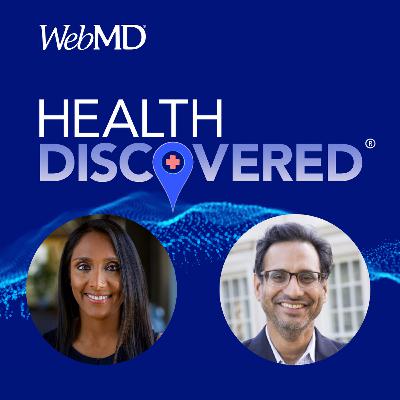
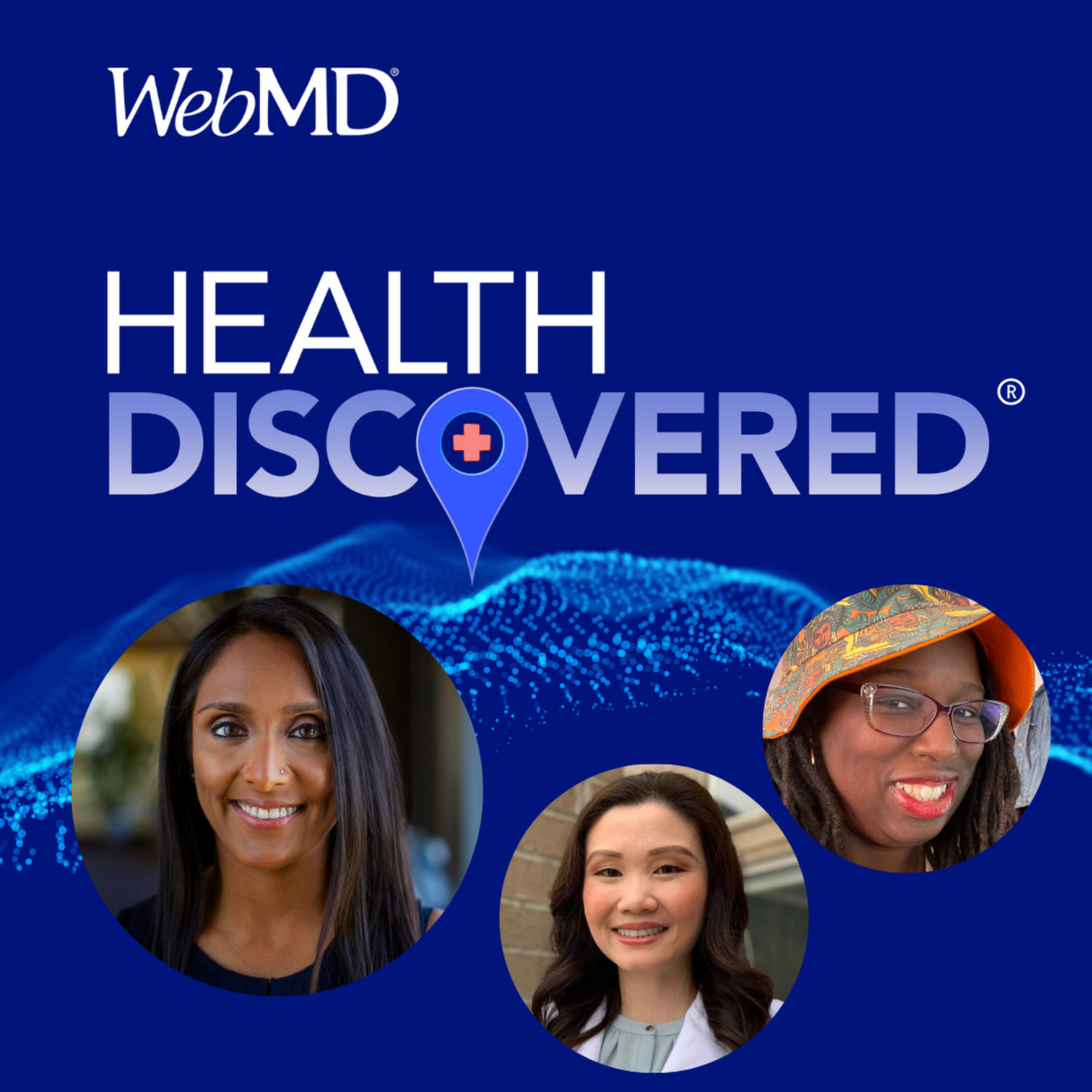
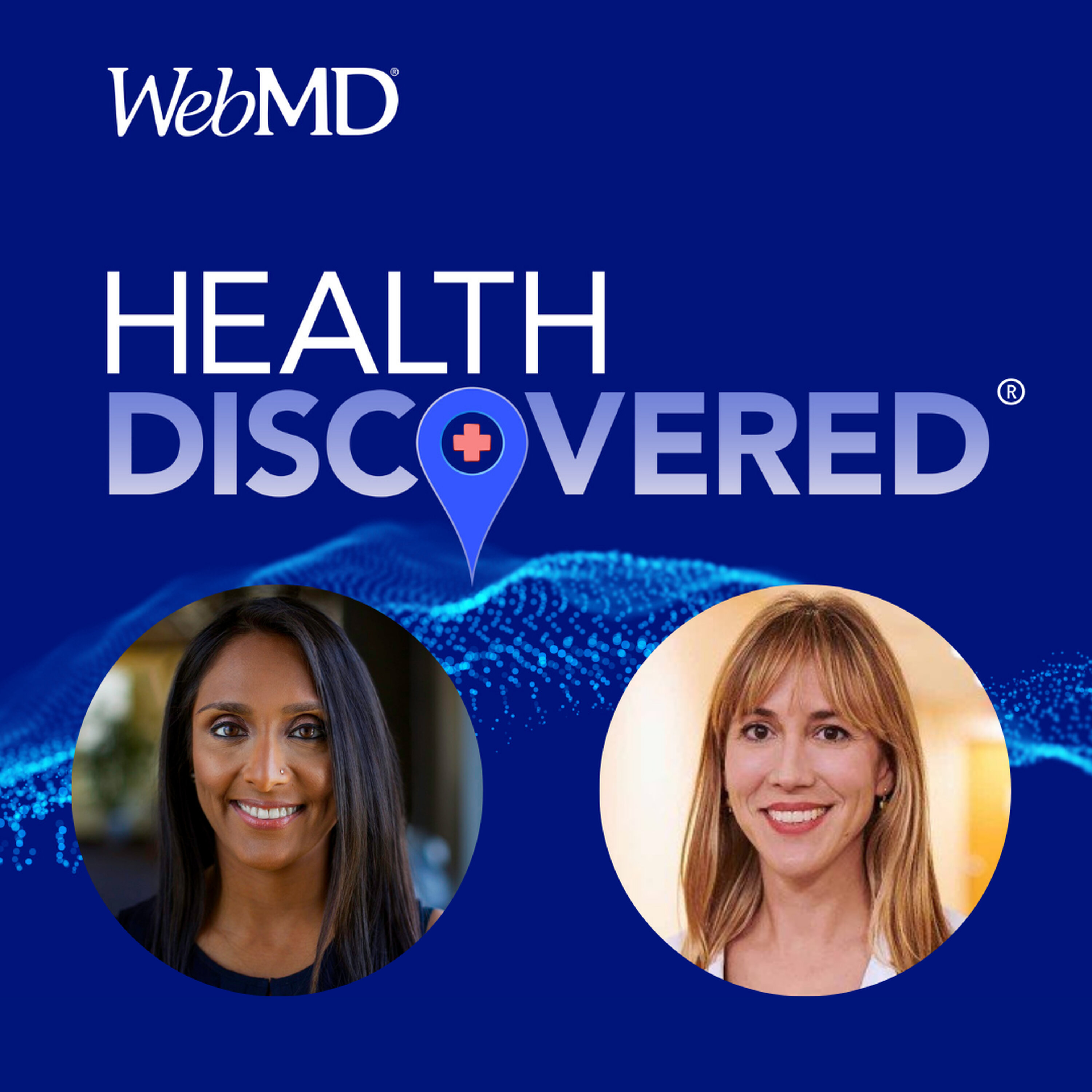
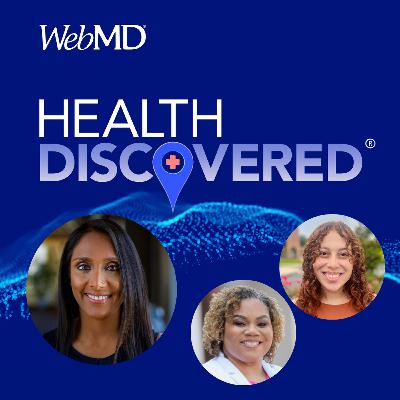
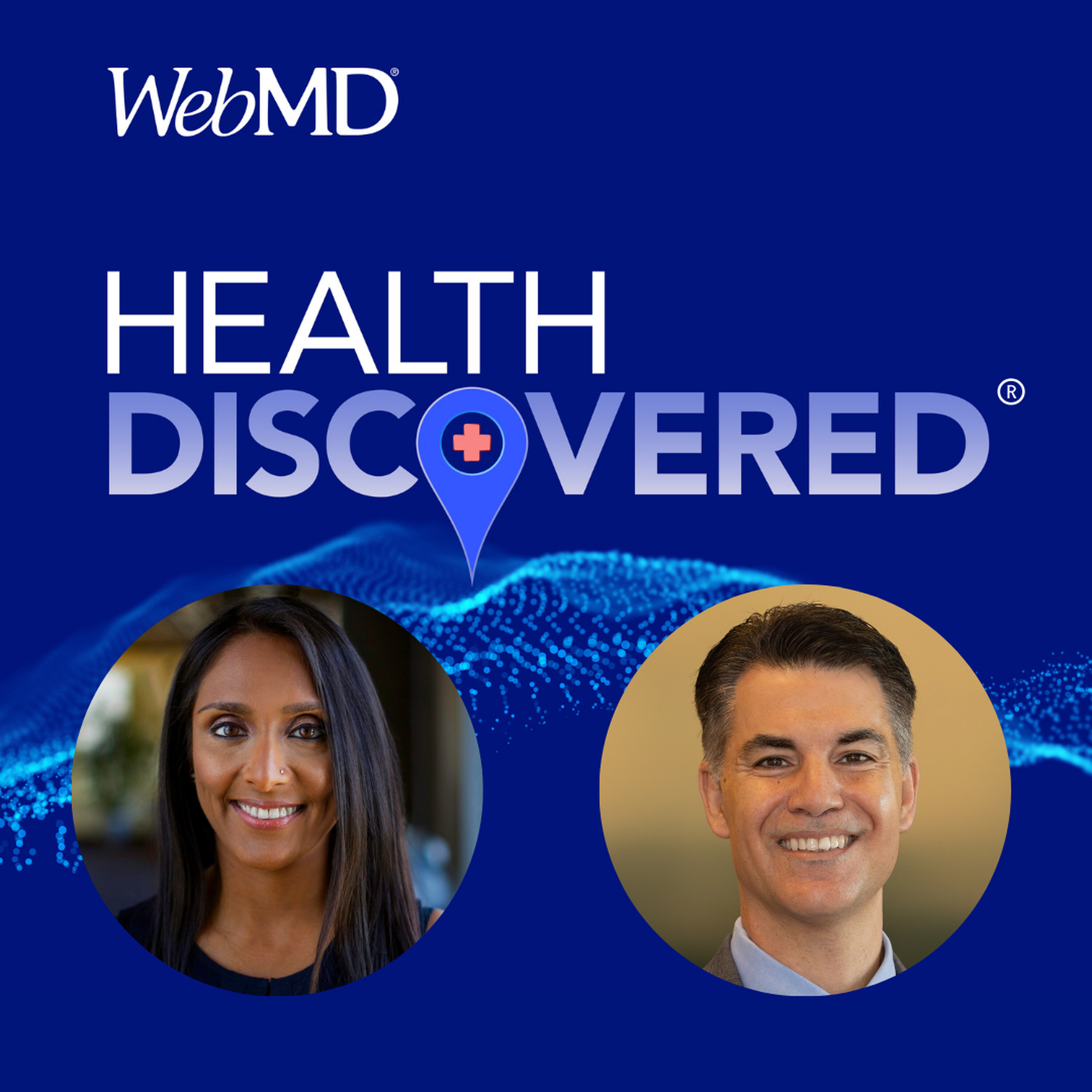
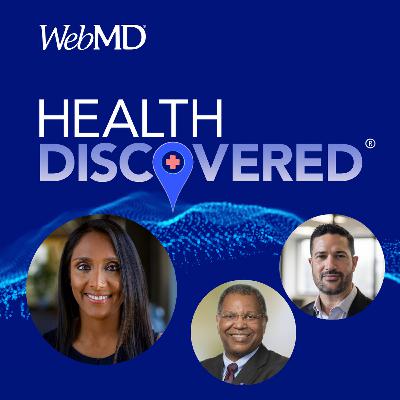
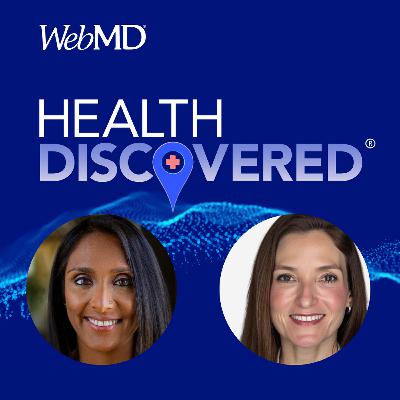
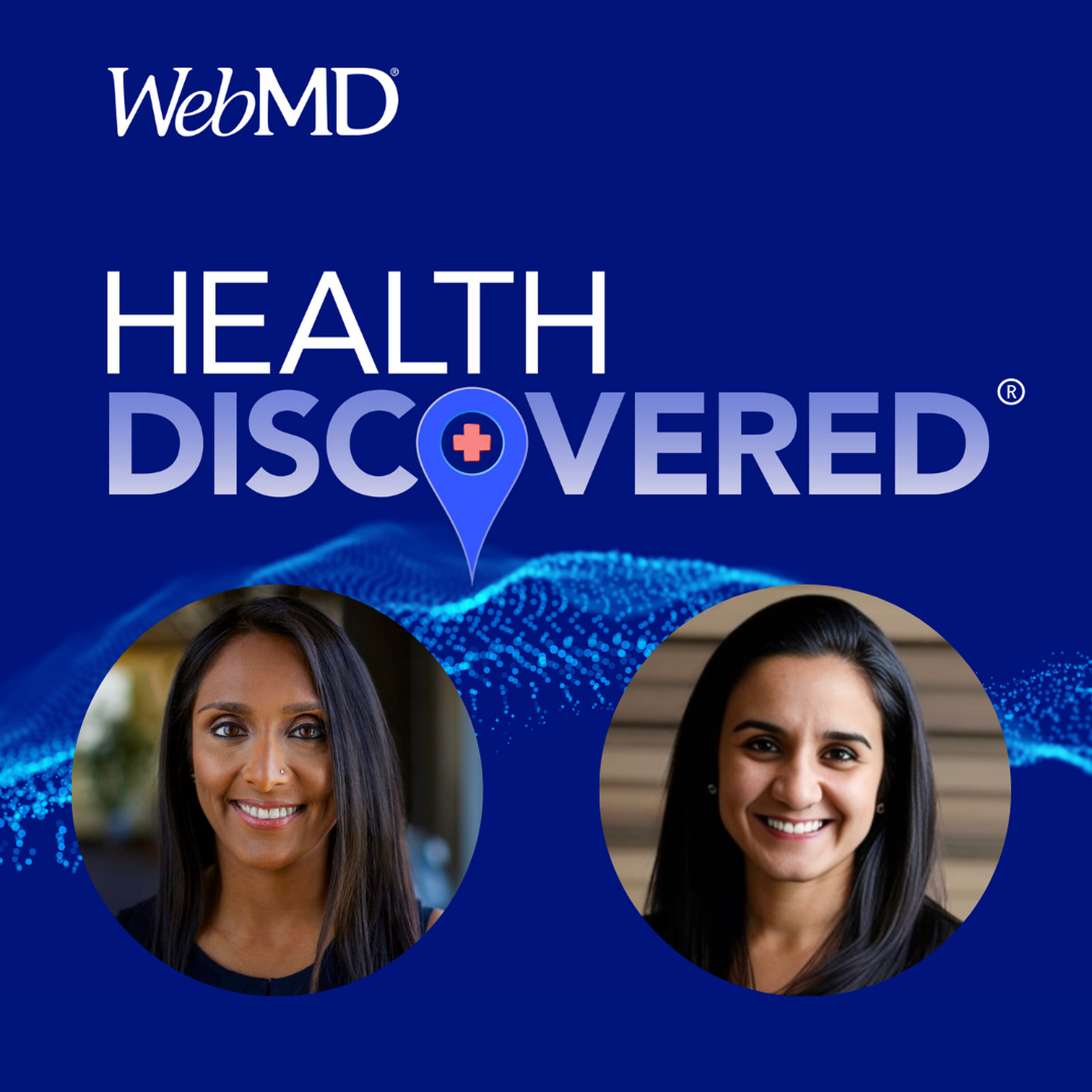
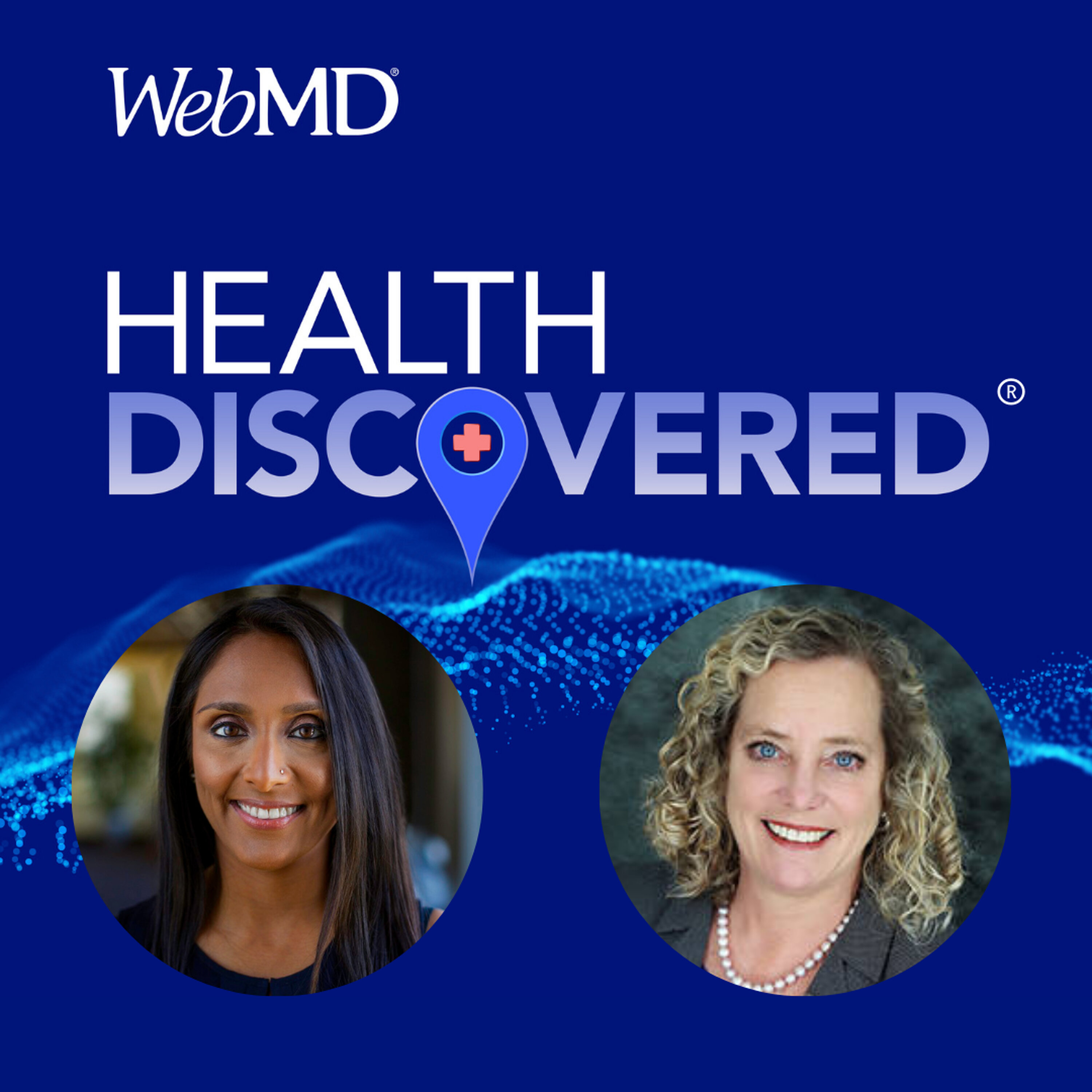
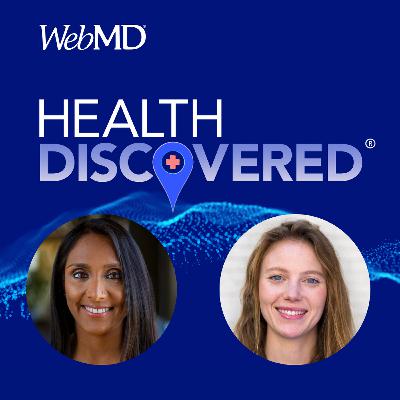
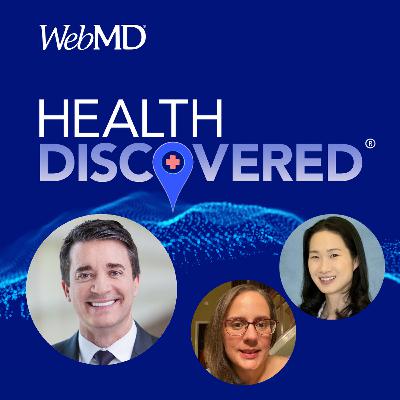
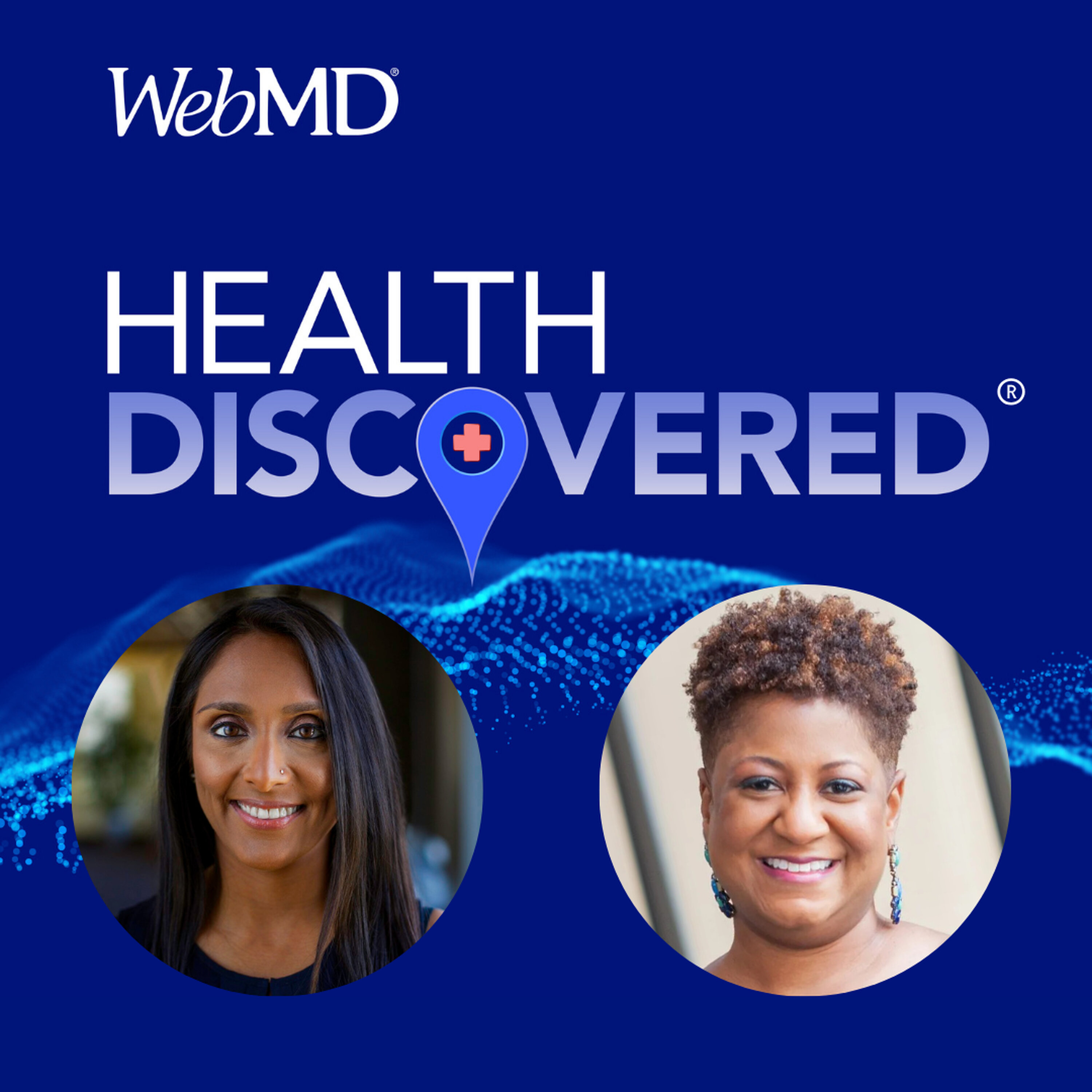
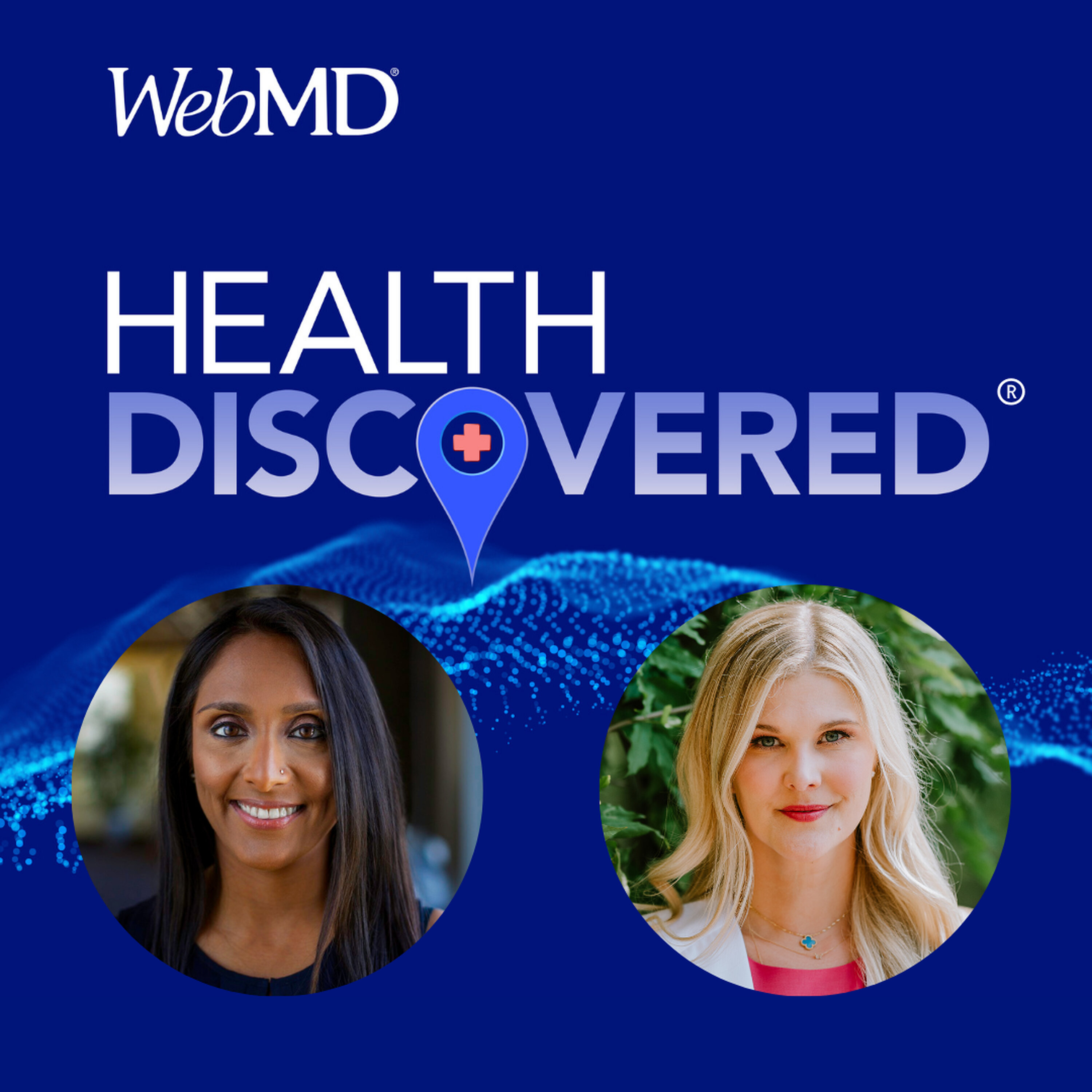
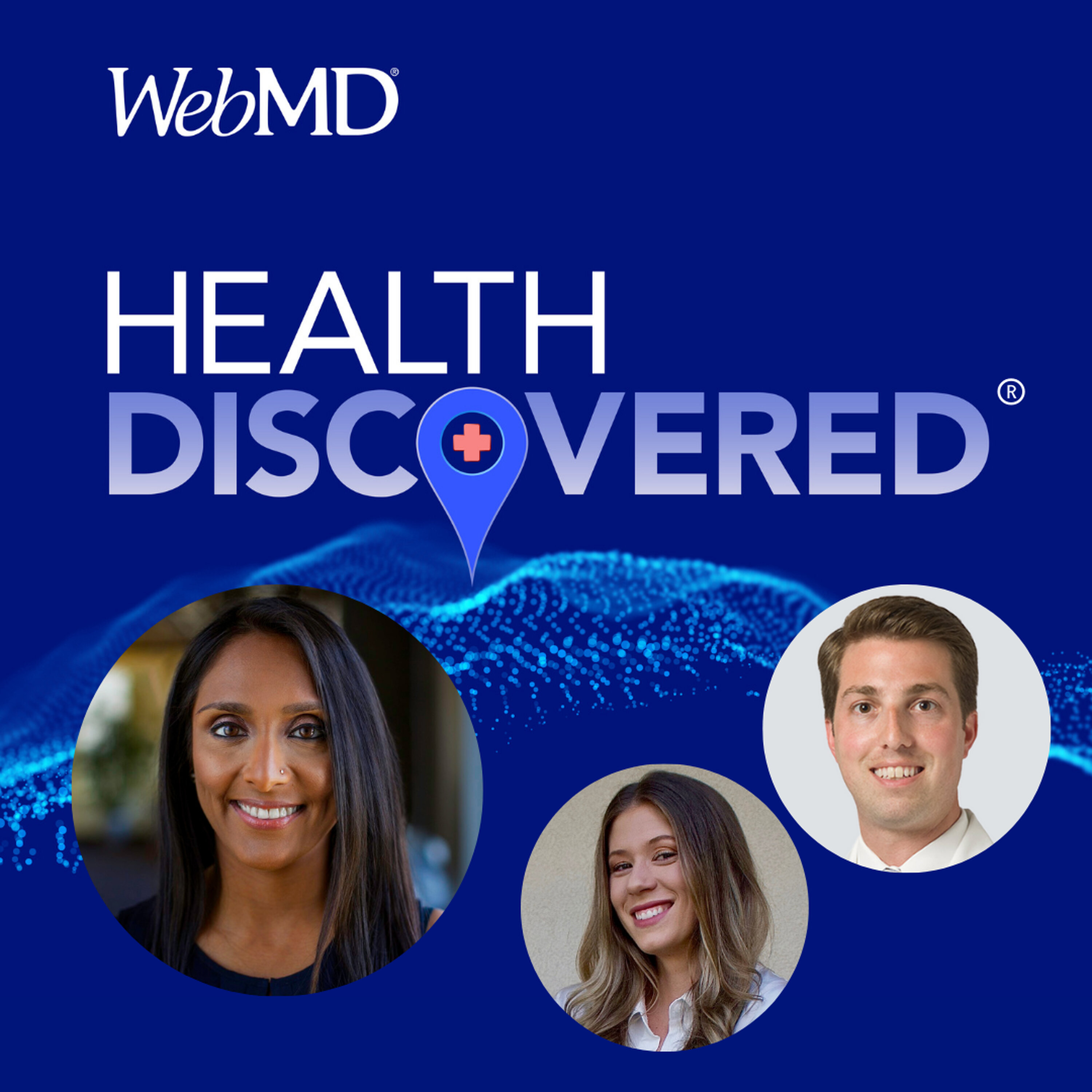
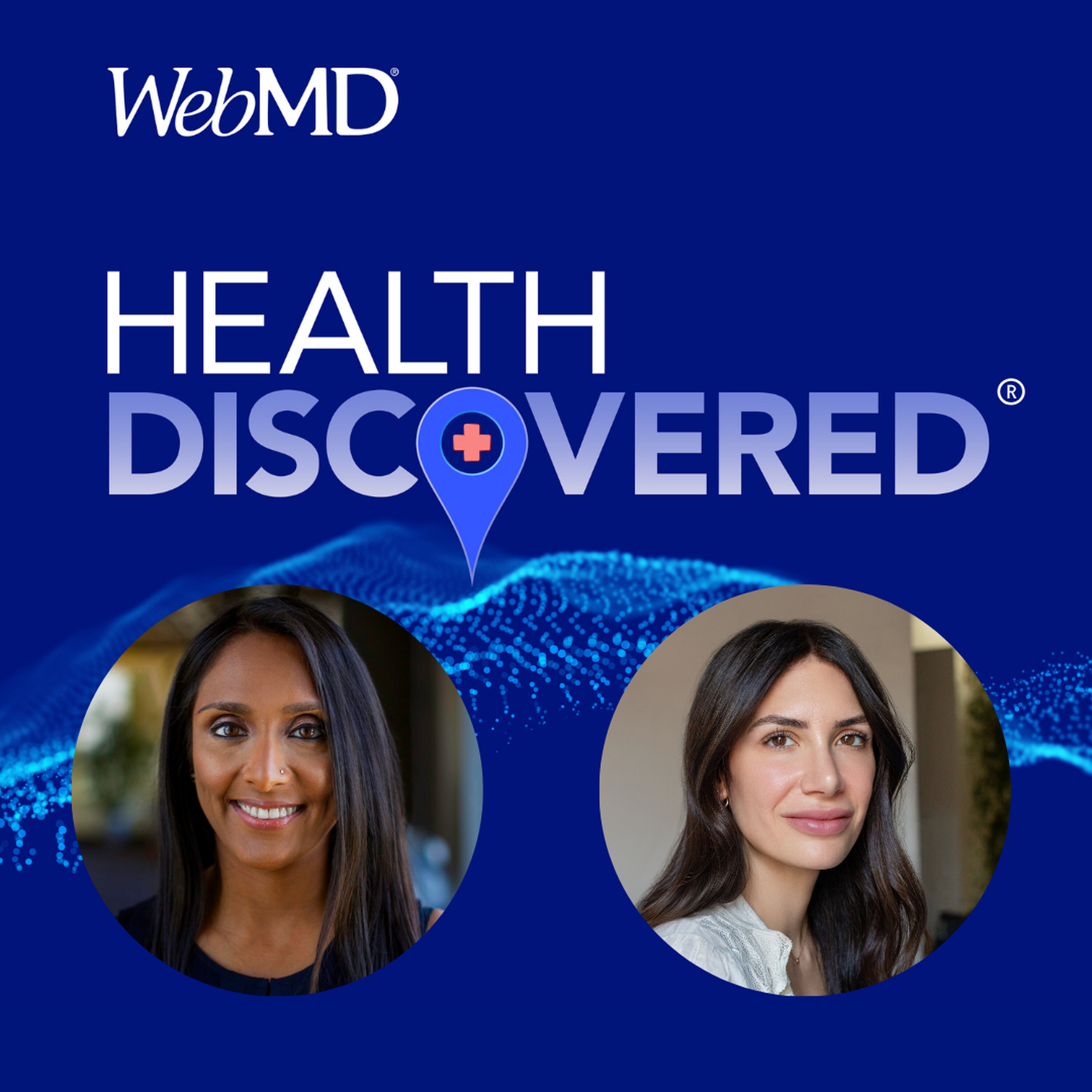
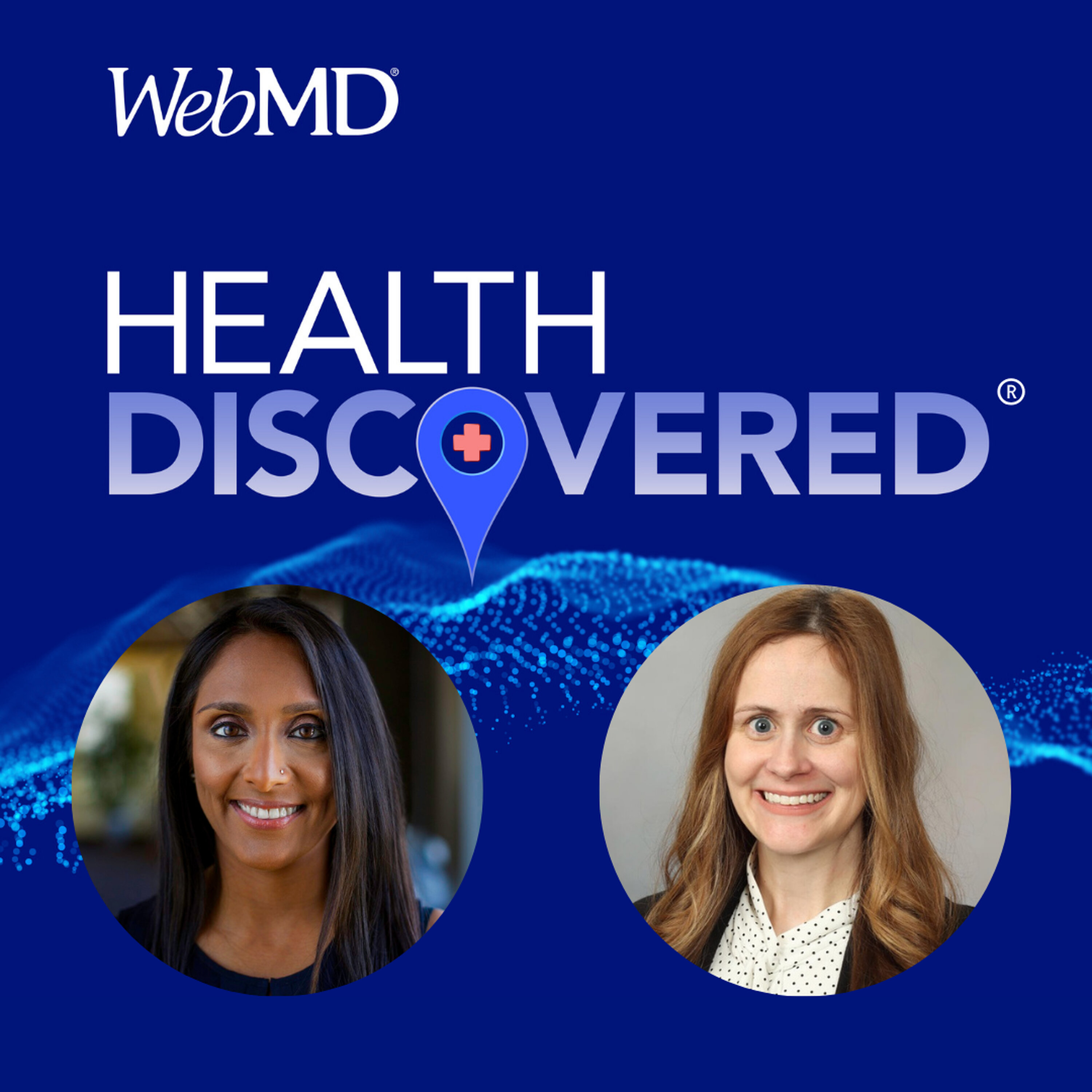
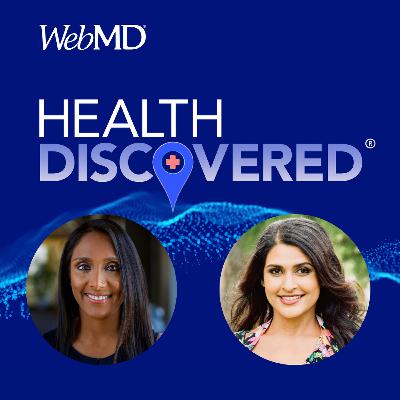
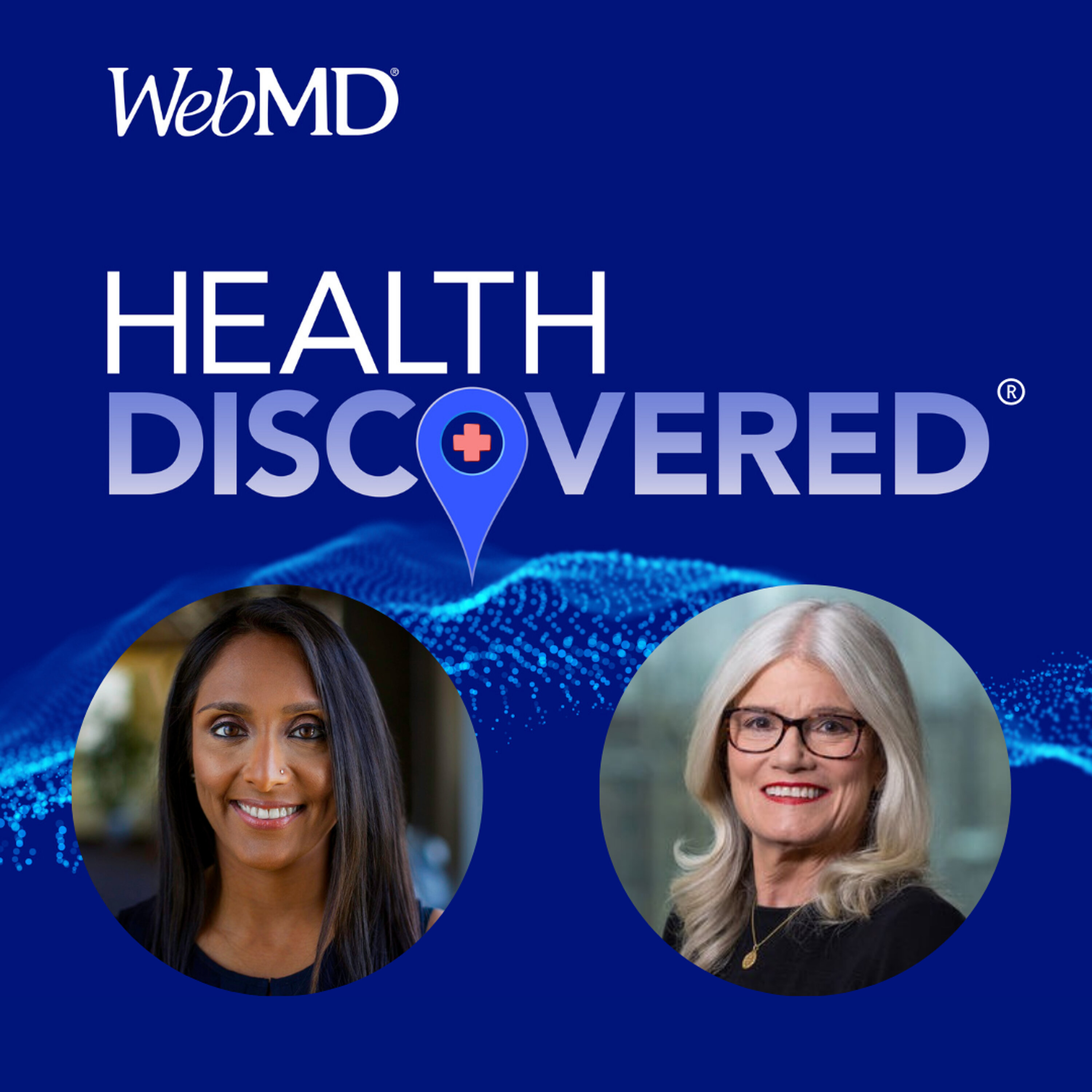
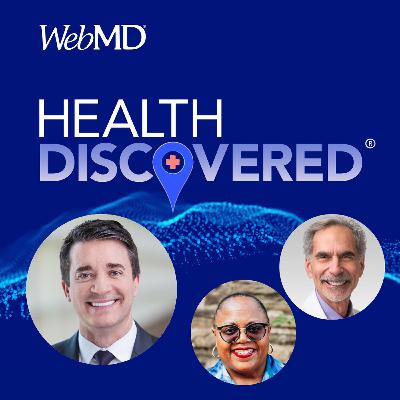



thanks 🙏